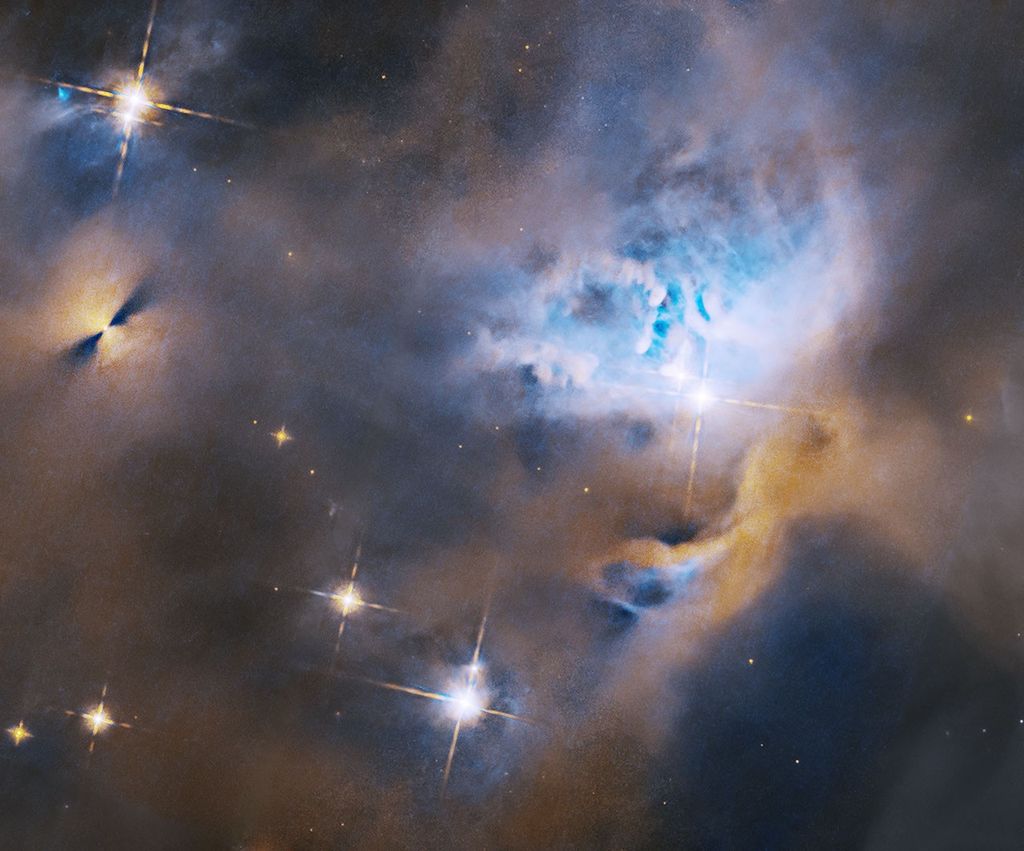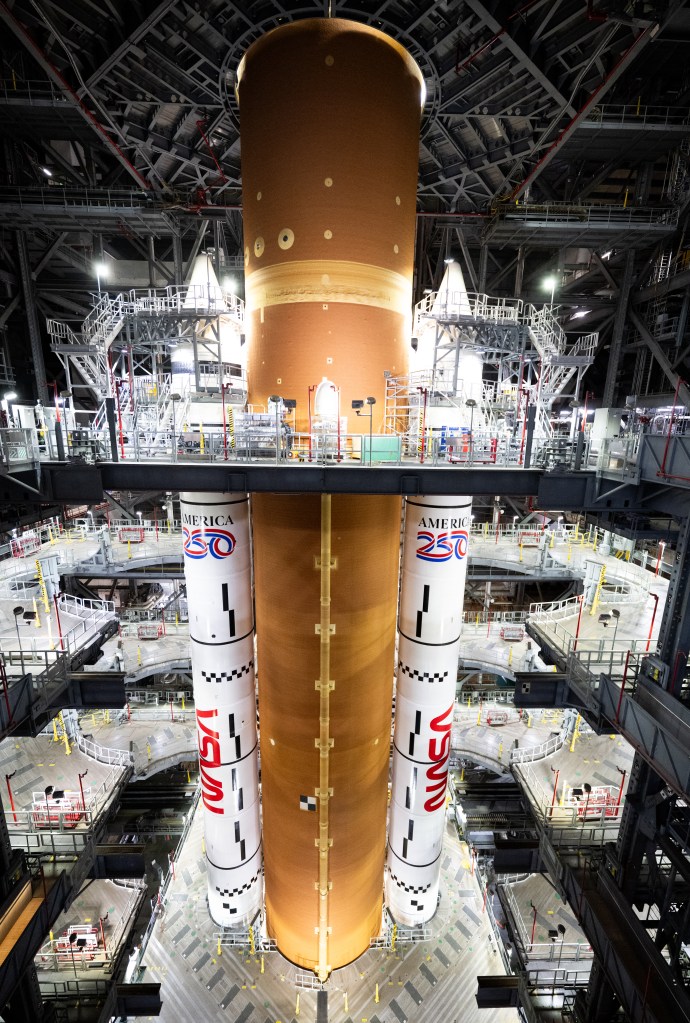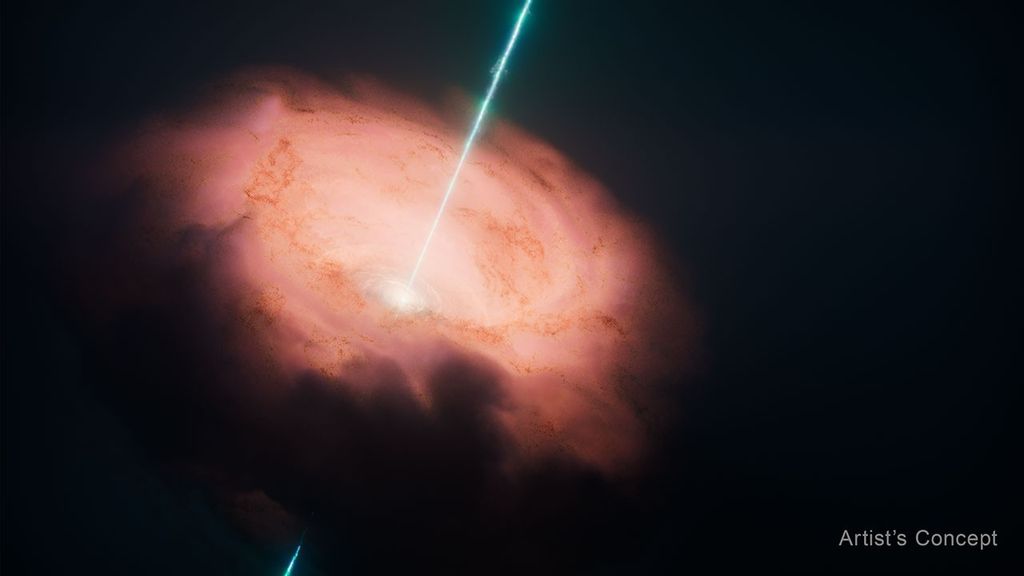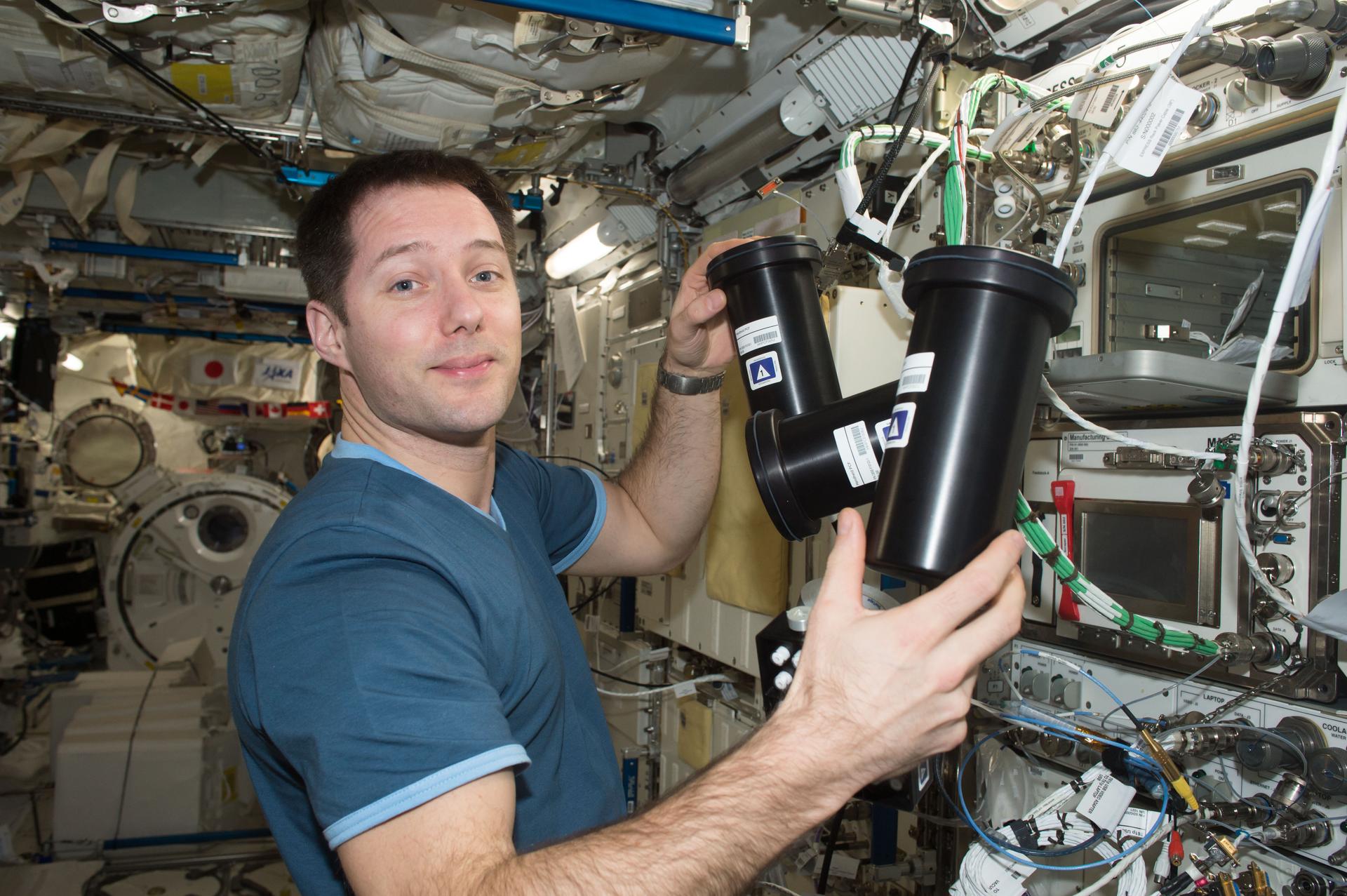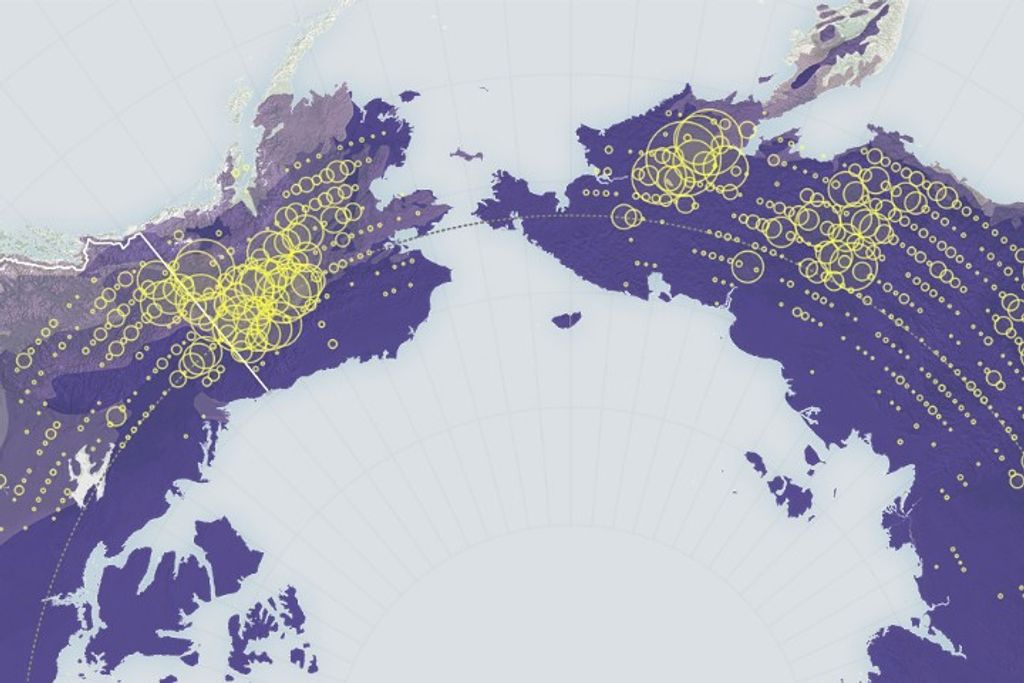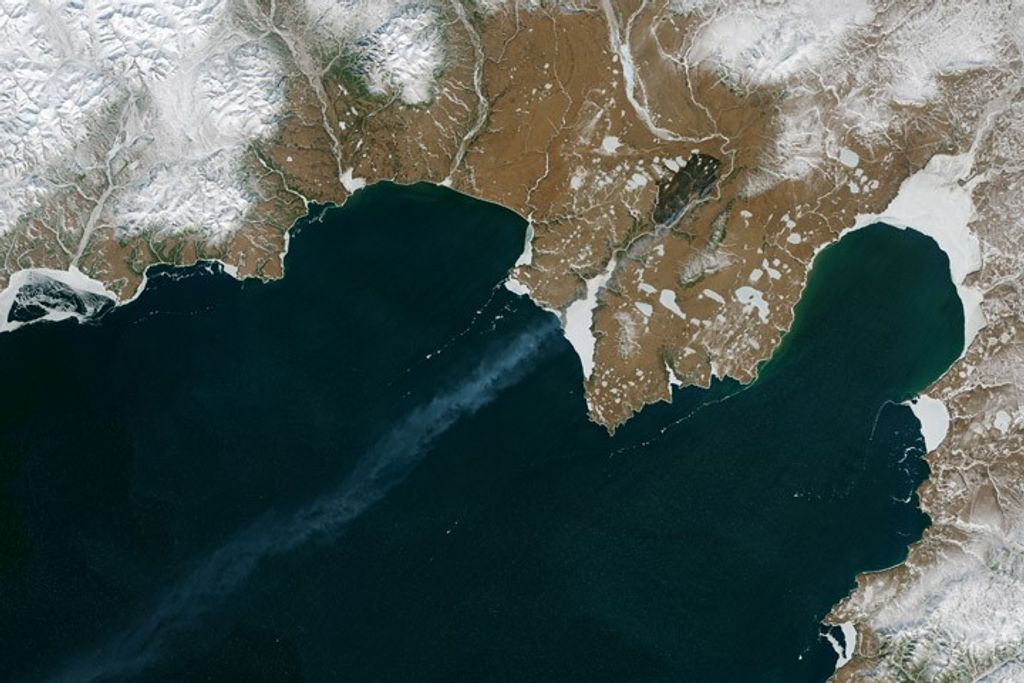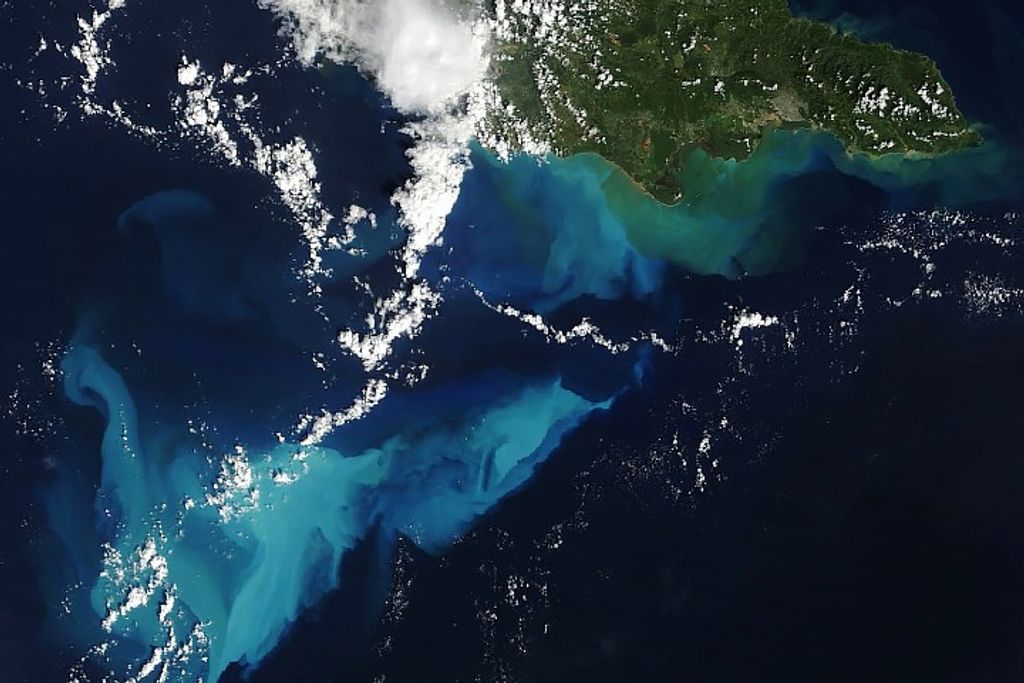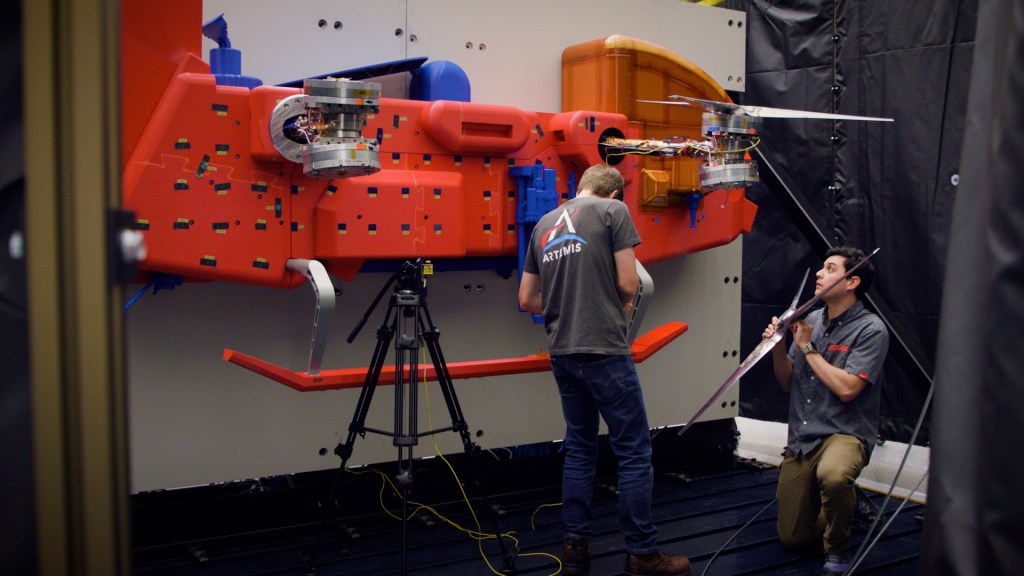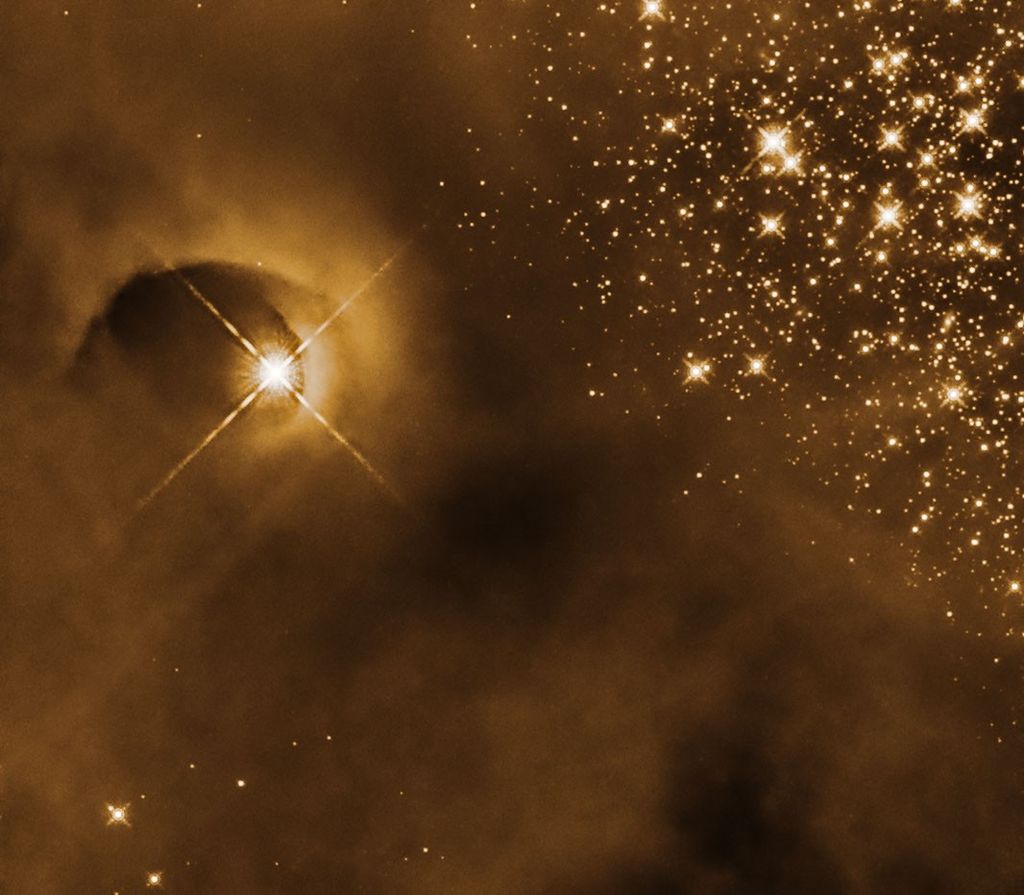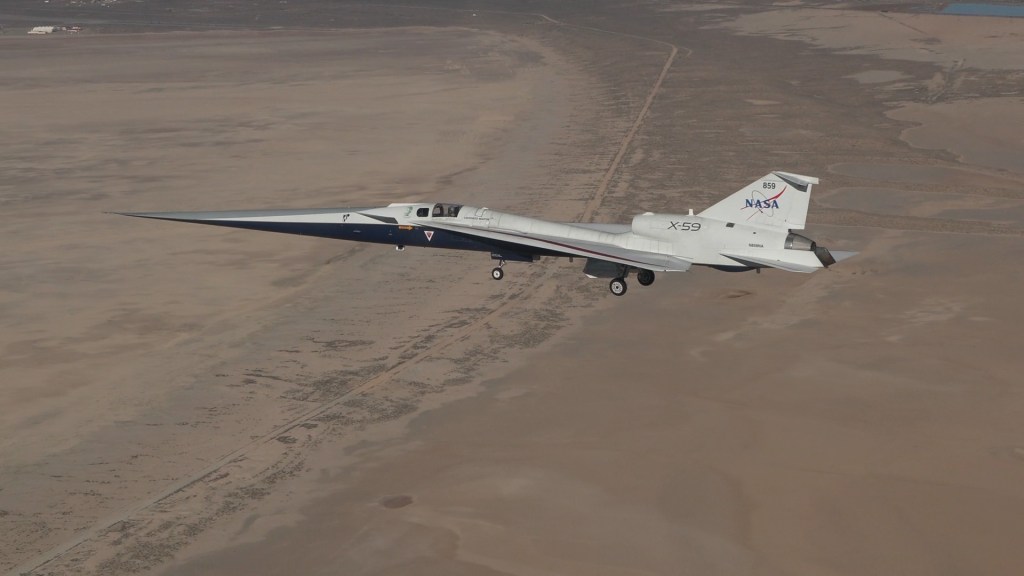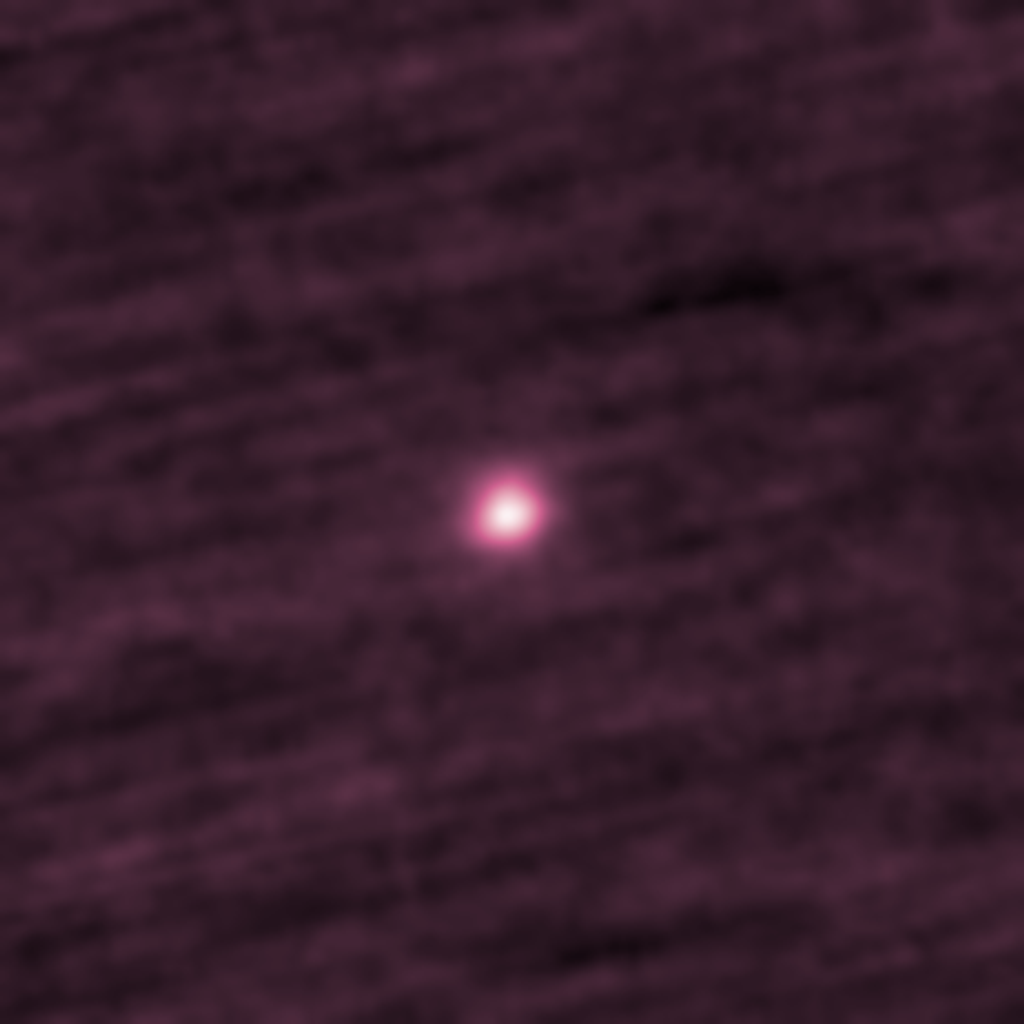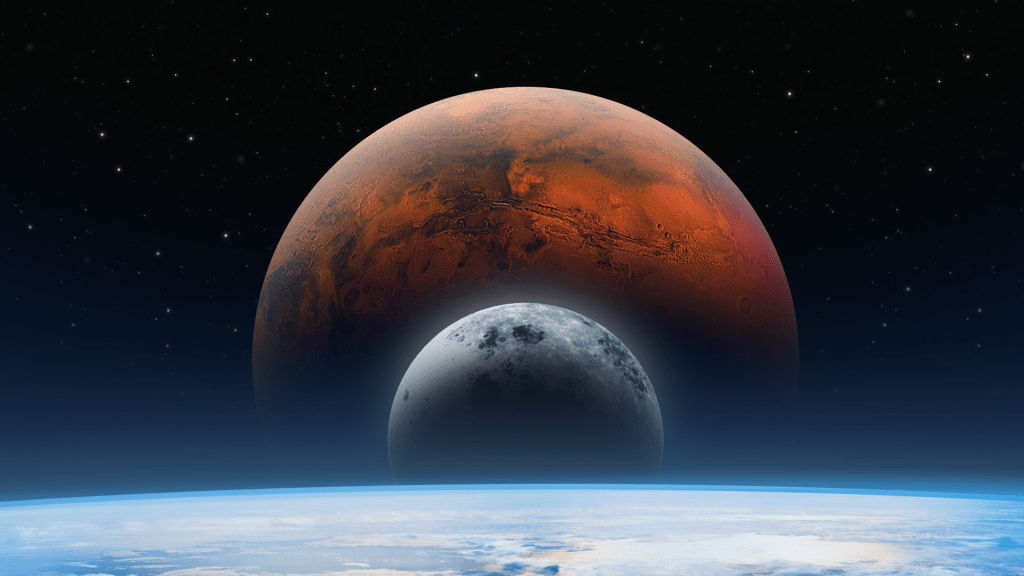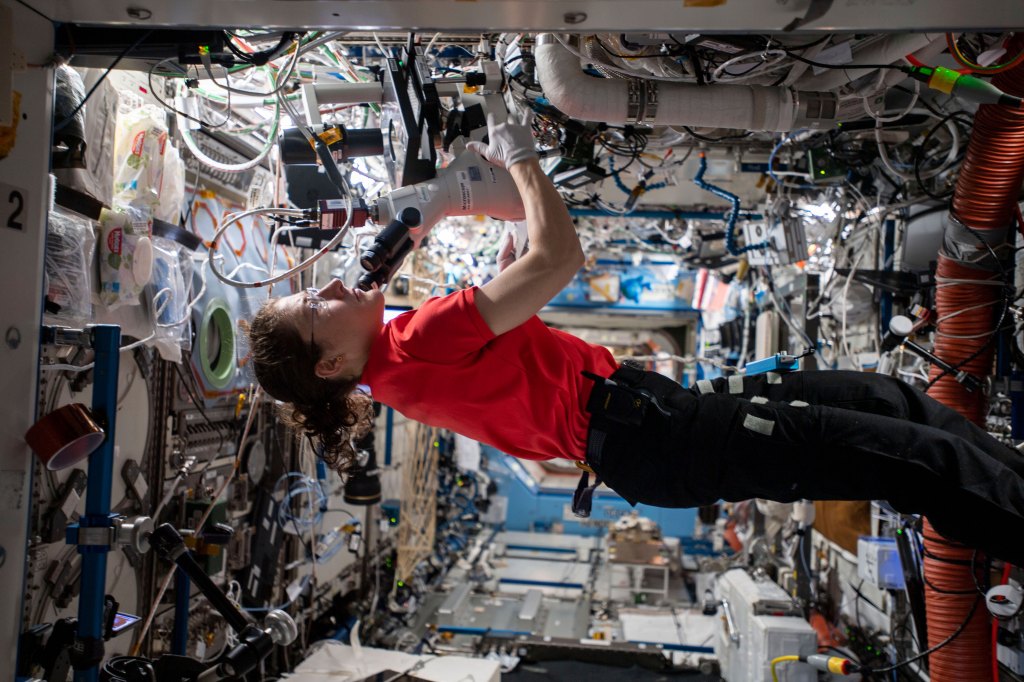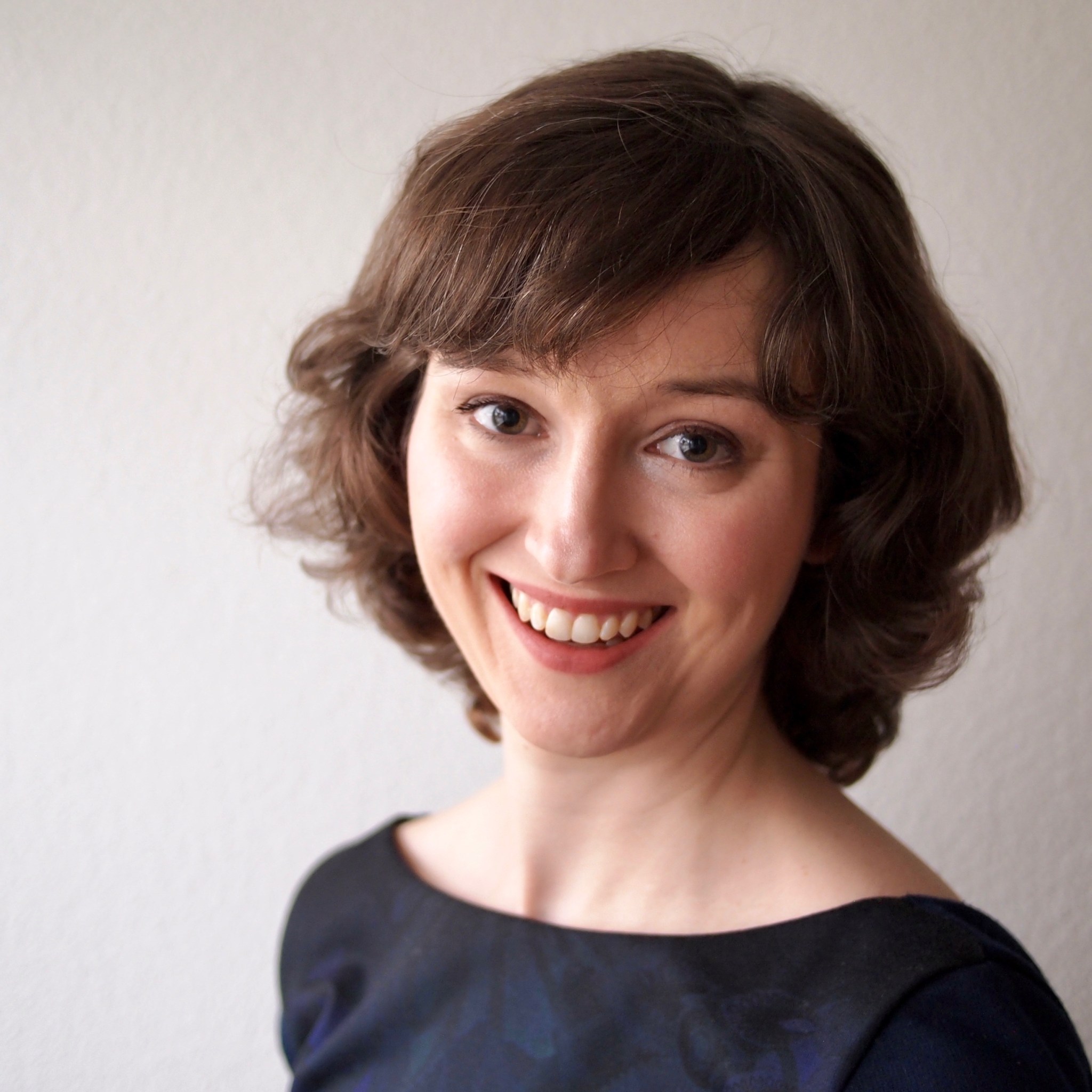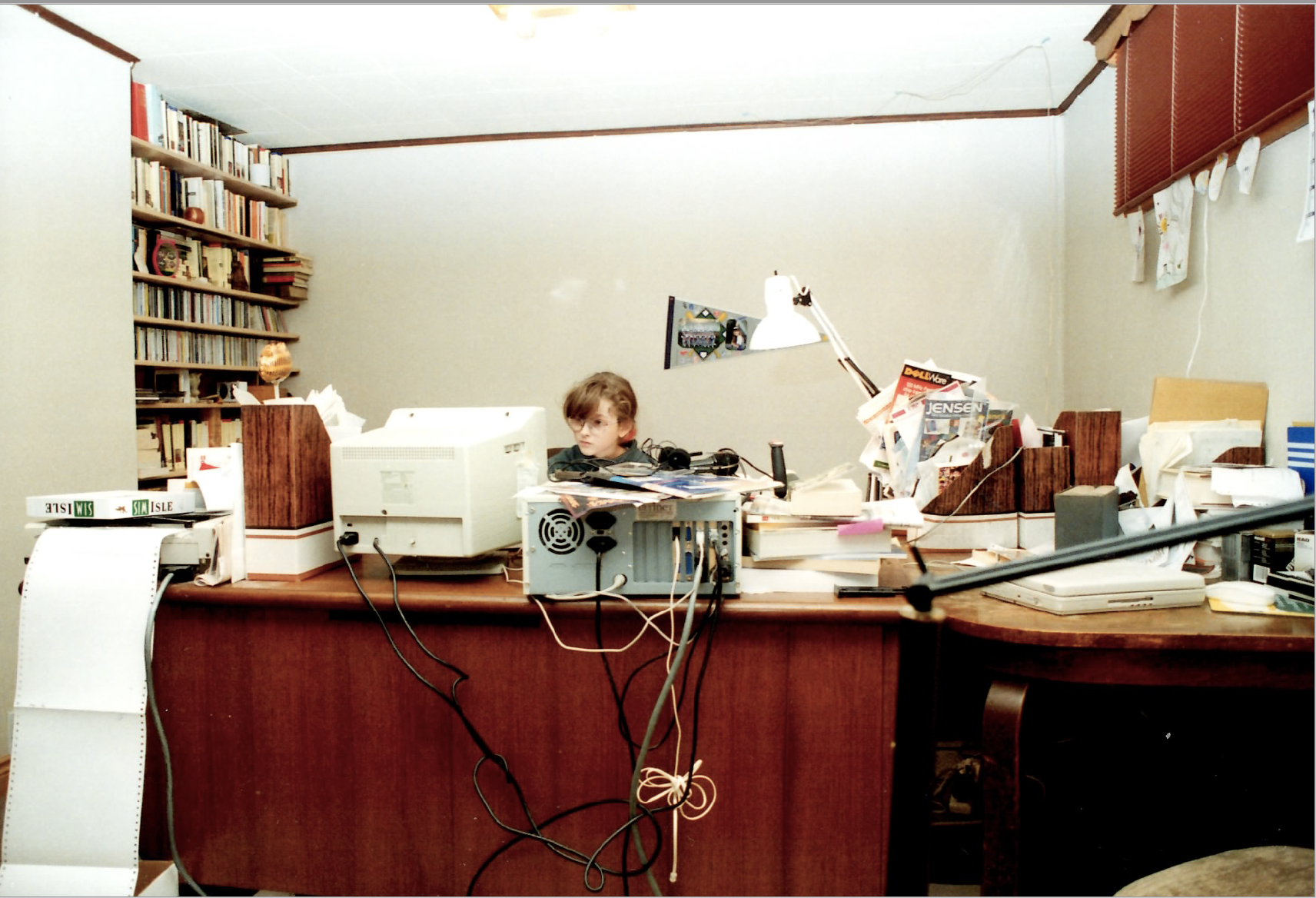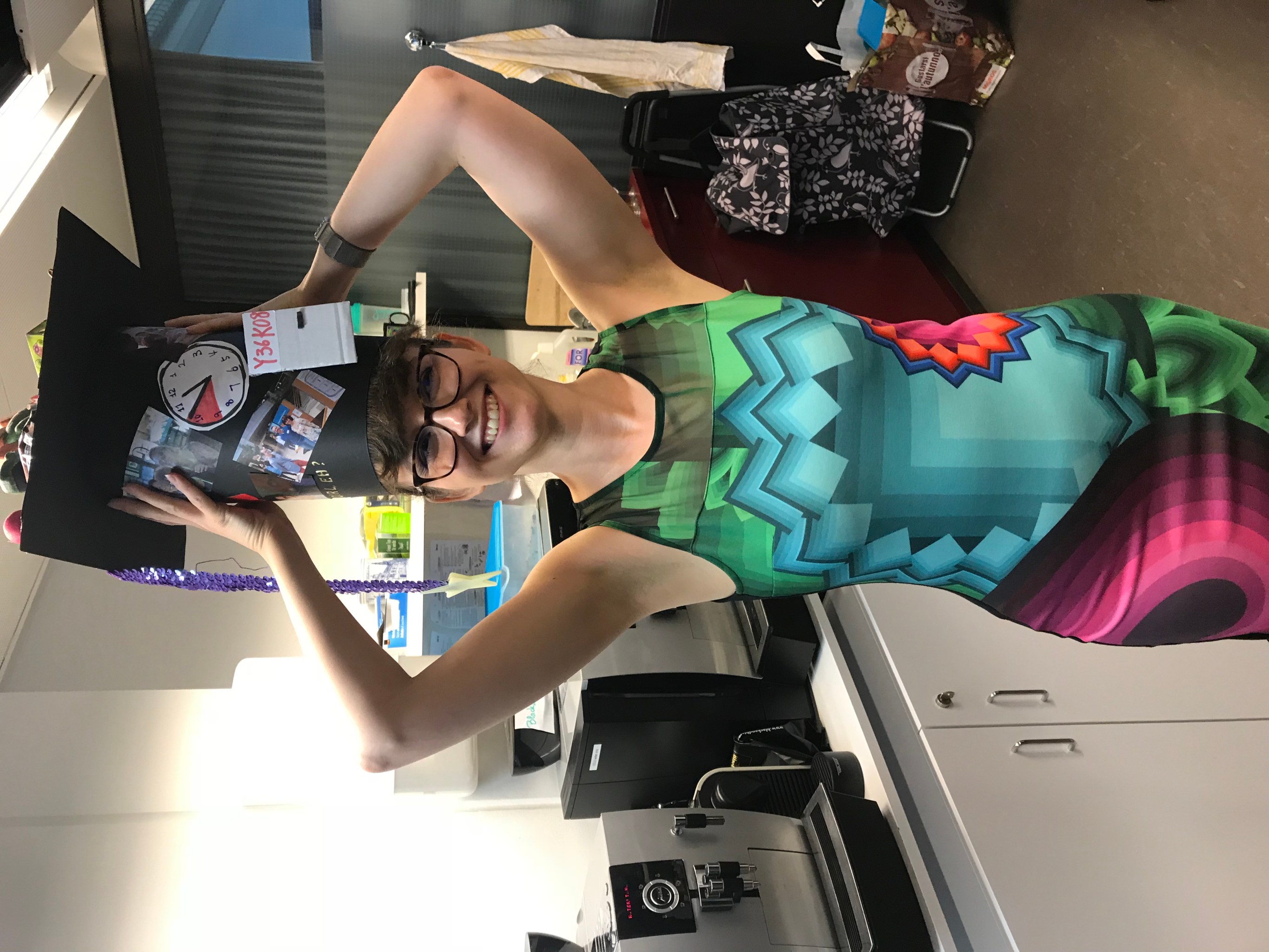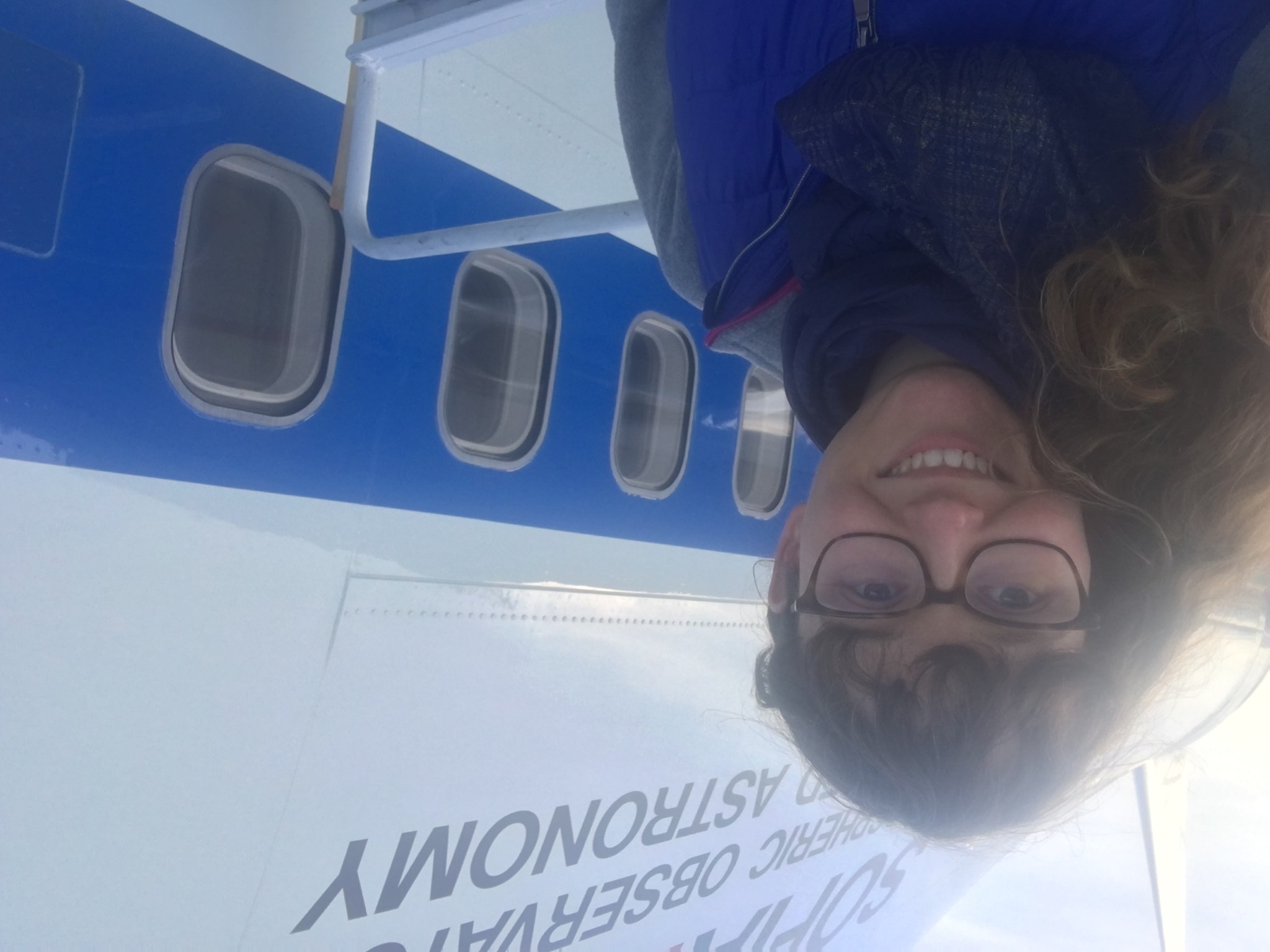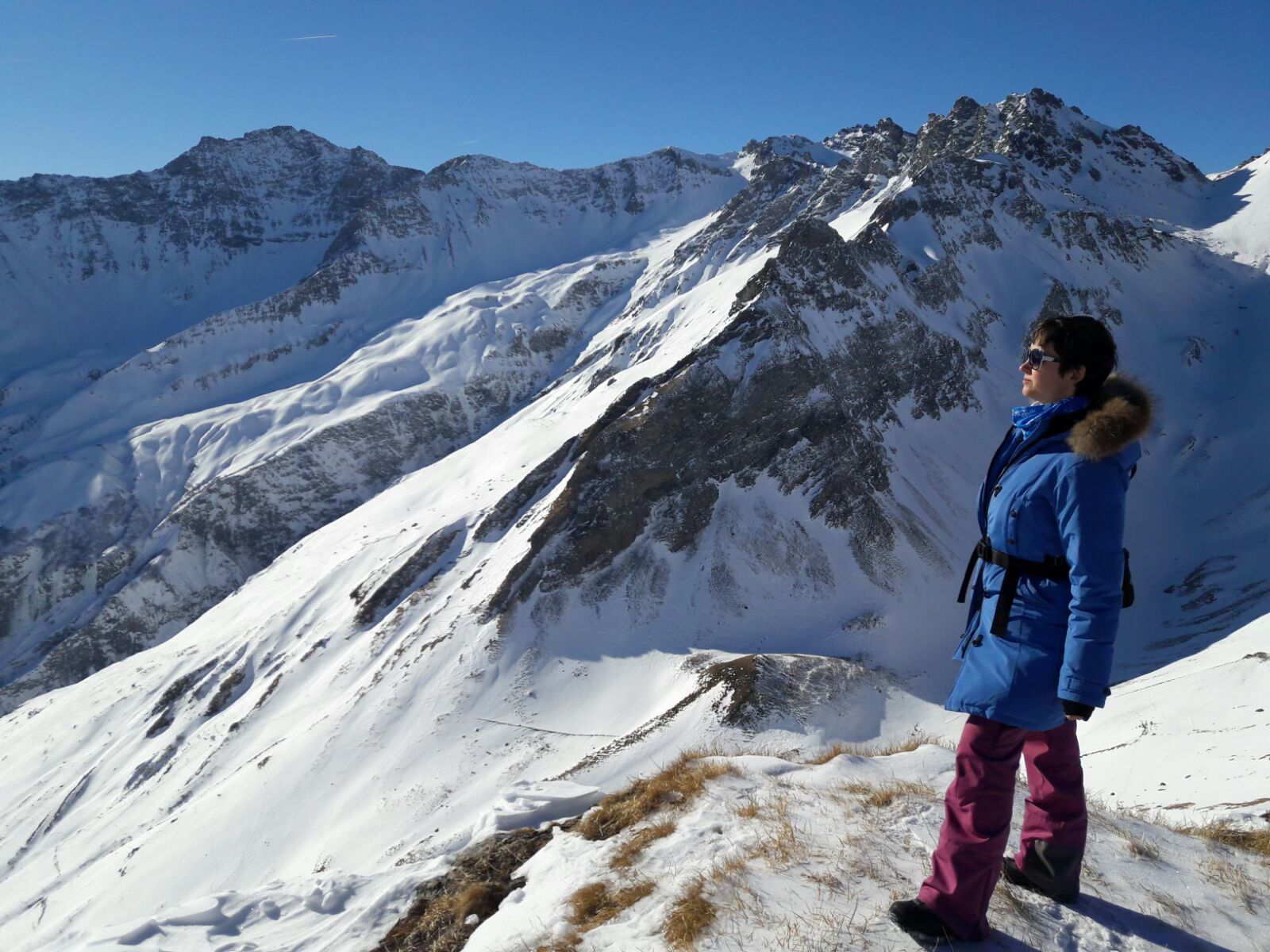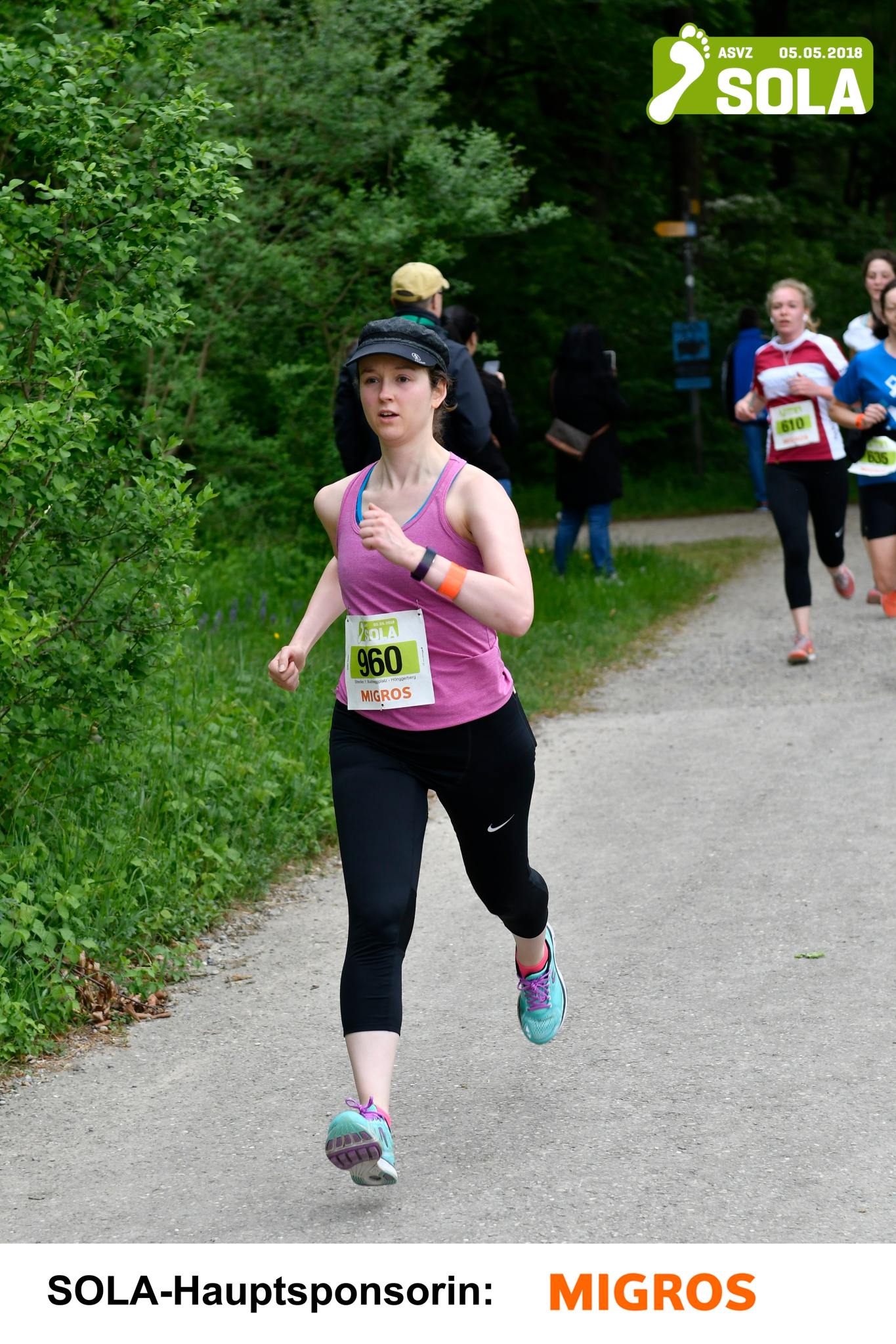We usually start with something that most people don’t know about you at work, and that is about your childhood, where you are from, and a little bit about your growing up years, especially if there was anything about those young years that might have oriented you towards the science career that you are pursuing?
Actually, both of my parents were scientists: my mom was a biologist and my dad was a physicist. I was always around science, as they were introducing it to me when I was a kid. What I found out when I was older, and I didn’t know as a kid, is that there was some kind of competition between my parents as to whether I would be a biologist or a physicist.
That’s very interesting! It is not common for our scientists to have both parents being scientists. Maybe half and half but there are a number of them where they were the only scientist in the family. Did you have brothers or sisters?
No brothers or sisters, just me.
Can you tell us where you’re from?
I am from Canada. I grew up in Etobicoke, it’s a sleepy suburb next to Toronto. Not much goes on in Etobicoke, but it is a short subway ride from downtown Toronto.
How early in your life did you realize that your parents were scientists and did this competitive aspect that was going on between them influence you, with apparently your dad winning out?
I guess so. I had no idea if this was normal since I grew up like this. For a while, it looked like my mom was winning because I was really into nature documentaries about different animals everywhere. They both taught me how to program. When I was younger my mom taught me Logo, that’s a children’s programming language, and later my dad taught me C and Visual Basic. I also really got into math, which kind of pulled me towards the physical sciences but I never thought about astronomy until I was an undergrad. As an undergrad, I took physics courses, and then I decided to take some astronomy on the side, and I had this one class taught by a computational astrophysicist who showed us a beautiful simulation of galaxy mergers. He had a friend who composed music to go along with it. It was so fun, and I thought, “Okay, I want to keep doing this!”. That brought me into doing computational astronomy for my master’s and PhD but then I also like doing new things. That’s what ultimately brought me here to Ames where I’m doing observational astronomy.
Well, you covered a lot of the ground with that, so let me back up a little bit: where did you go to college and then for your masters and later for your Ph.D.?
For my undergrad, I went to the University of Toronto, right nearby. That’s where my dad did his PhD and then his mother, my grandma, did physiotherapy. So I thought I would go there and be the third generation.
Did you get any kind of legacy discount for that (laughs)?
No, there is nothing like that in Canada! Then for my master’s, I went nearby to McMaster University in Hamilton. I think it’s a very well-named place to make your master’s at, and they have a fantastic astronomy group as part of the Physics Department and there I got to learn a lot about computational astronomy. After that, I wanted to explore more of the world and to live in another culture and see what’s out there, so I decided to do my Ph.D. in Switzerland and went to the University of Zürich. That was a really good experience.
Why did you choose Switzerland? Was there a particular Ph.D. advisor that you wanted to have there?
One of the professors at McMaster did a sabbatical at Zurich and when he came back, he was telling us all about it and it sounded like a really cool place. There are some really top astronomers there, so I applied and got in. I was really excited to go, and it was such an adventure. Just to go to this very, very different culture while I was studying for my Ph.D. at the same time and in a very beautiful country where I got into hiking and the mountains.
Did you learn to speak German while there?
I truly tried but Switzerland is a very linguistically difficult country, and German is not a very standardized language. It’s called Swiss German but it has enough differences to be classified as a separate language. It’s not written and is not standardized, so Zürich speaks one kind of Swiss German, while another city speaks a different variation of Swiss German. They teach you High German, but if you speak High German you don’t understand Swiss German. I think the equivalent would be if you were studying in France, but French wasn’t written and everyone was speaking French, and all you could learn was Spanish instead. I have some cobbled together High German, but I learned a lot of Swiss words too, and I didn’t realize they were Swiss words. So when I went to Germany, I understand them but when I said stuff, they didn’t understand me.
Well, languages can be that way. Was your education in Switzerland in English then?
Yeah, the department had a high fraction of foreigners. I was originally hired by an American and my Ph.D. Supervisor was French, so it was a very international department. Everything was in English.
And then you got to NASA and to Ames. Can you tell us how that came about?
I was looking for postdoc opportunities and I saw an ad for molecular astrophysics. My Ph.D. was adding molecular astrophysics to galaxy simulations and this was the observational side of that. I thought it would be very cool to learn something new to crossover where I already had some common ground. I also wanted to learn something new because if I always got to do the same thing it would get a little bit stale. This looked like the perfect combination of stuff I was doing before with a lot of new stuff.
So you applied for an NPP? Is that how you came in?
No, I applied to a postdoc advertisement from the AAS website.
When did you come to Ames as a postdoc?
About a year ago. I’m still very new.
Great! Tell us about the work you have been doing here at Ames and how it aligns with NASA’s strategic vision for exploration.
It’s been really cool! First, I’m working with SOFIA and I think that’s the coolest postdoc opportunity ever because the observatory is an airplane. It enables different astronomy that nothing else can do. It is really good for what I’m working on, which is spectrography. It is a little bit more difficult to explain to the public than just taking images. A spectrograph basically takes a snapshot of all the different signatures of molecules in the interstellar medium that we are studying. Only SOFIA can see all these individual molecules. Not even the future James Webb Telescope can see in the high resolution that SOFIA can see. We are looking at the infrared because SOFIA is the only telescope that can access these wavelengths since they are blocked from the ground by the atmosphere. We are looking at things that no one else has seen before, molecules that haven’t been seen before, and we can say “Oh, I’m the first one to see this molecule here!”
That’s something we’ve heard before. What scientists really love is the fact that they can come to know something and be the first one to know or the first one to see or understand it, that’s a very thrilling thing. Do you actually get to fly on SOFIA, or do you process data downloaded from the instruments?
I went up twice as a guest observer. It was really cool, a really amazing experience. I didn’t have enough experience with instrumentation to be able to contribute to the flight, but I analyze the data afterwards.
How is the work you do justified to the taxpayers? What’s the value of the science that you do?
Well, as astronomy is farther from practical applications it’s a little bit more difficult to justify to the public, but the thing is that astronomy is a big testing ground for the laws of physics. For things like, for example, Einstein’s general relativity, which was tested with an eclipse. Relativity is important to GPS and satellites. Studies of the sun led to speculations about nuclear processes. Through just exploring we can better know how the laws of physics work. What I’m looking at is the chemistry in star-forming regions. These are really, really extreme regions, extreme testbeds of how the laws work. You can’t get these kinds of conditions on Earth. And also, by studying this we can understand where the prebiotic molecules on Earth came from, and also to inspire different experiments on Earth to see how these react in such extreme conditions.
What’s a typical day like for you? And what do you like best and least about your job?
I think that’s an interesting question right now. Given the pandemic, the elephant in the room, a typical day has changed.
You’re able to work from home, I presume?
I am. I’m actually quite used to working from home a lot. My work is all on the computer, so it was quite easy for me to adapt. Before the pandemic, on a typical day I would bike into work. I picked up biking since I came here, and I will work out a bit at the gym at Ames, that’s a very excellent gym, then I get to work in the office. I am working in two places currently: the Space Science Division building and also the SOFIA building, so I go to my office in either one of those, and then sit down at the computer and work, have lunch, chat with friends, get back to work, and bike home. But now during the pandemic, I’m pretty much staying at home. I try to go out once a day, so I don’t go crazy. I get claustrophobic being at home all the time so I either go for a walk or a bike ride or a run once a day. I’m in Mountain View, and I take the Stevens Creek Trail. I pretty much bike in every direction from my home. The pandemic has given me the opportunity to explore all the neighborhoods by bike. It’s a flat area and there is no winter, so it’s the perfect place for biking.
If you weren’t pursuing the career that you have now, have you ever thought what your dream job would be?
If I could choose anything, there are two careers that are both equally improbable. One is I grew up listening to this fabulous CBC program called “Quirks & Quarks”. It is a weekly Canadian science radio show and I would love to have a job like that, being the host of a science radio show, just interviewing scientists, talking about science. Because as a scientist you can only do one kind of science, but talking to all the scientists you get to live all kinds of sciences. And the other career, also pretty hard to have, is I would like to be a fiction writer. I did some fiction writing on the side, I have some short stories published, but it doesn’t make any money. It’s almost statistically impossible to make a living through writing fiction but I love it. I love writing science fiction and fantasy.
You never know! We get all kinds of answers about this. What advice would you give to a young aspiring person who would like to work in science and have the kind of career that you have?
I think that you have to have patience. Having parents that are scientists helps a lot, too (laughs). But patience because it’s a long road. The media shows scientists at their big breakthroughs but they don’t show all of the time working on stuff that you tried and nothing happened and it failed so you just have to stick with it, stick to those bad parts to get to the good ones, the discoveries.
Anything you would like to share about your personal life? Any pets, kids, hobbies, or interests?
I love hiking. Ironically, I wasn’t into hiking when I lived in Canada because Toronto is a big city, far from nature, and it’s not in our culture. But in Switzerland it’s a huge part of their culture and also for the expats living there, it’s infectious and everyone is so sporty. It’s become my passion now, going out every weekend just to be in nature and away from technology. It’s like a toothbrush for your brain!
What do you do for fun?
Pretty much hiking and also running. I’ve done half marathons in Switzerland. Switzerland also got me into running because everyone else there just does it. I haven’t run a marathon yet, but I hope to someday.
What accomplishment are you most proud of that is not science-related?
Oh, that’s hard. I think getting my fiction published. I got some short stories published. I write under my initials S. L. Nickerson. I kind of took a break from writing to finish my PhD and now things are so crazy that I haven’t gotten back to it.
Any images about your life or your career? Anything that we might find in your office hanging on the wall that is meaningful to you? And who or what inspires you?
I’m really inspired by Emmy Noether. She was a physicist and the thing was that women weren’t allowed to participate in the university fully so she had to audit classes. She was so determined to learn physics that she found a way even when the laws of the time discriminated against her.
What book is on your nightstand? And what kind of music are you drawn to?
Right now I’m reading “Things Fall Apart” by Chinua Achebe. It centers on the happenings in a fictional village in Nigeria in the late 1800s and it’s really interesting to travel to a different place and time. I love all kinds of music, everything from Loreena McKennitt to Nightwish. I’m also really into podcasts because you can learn while doing something else! Right now I just discovered Exolore, where the host invites guest experts speculate on what life would be on various fictional exoplanets. It is the perfect blend of my interests in astronomy and science fiction!
Do you have a favorite quote?
I really like the opening line of “Ash: A Secret History” by Mary Gentle: “It was her scars that made her beautiful.”
That’s a great opening line! Thank you for spending this time with us.
Short Fiction:
The Queen in the Poplar Forest, April 2015 Tesseracts 18
Bone Deep, September 2014 Interzone
Only the Loons Know, Winter 2014 Pulp Literature
Blessings by the Shade, Winter 2013 The Colored Lens
The Crocus and the Clocktower, Fall 2011 Kaleidotrope
The Planet Hunters, April 2010 Analog: Science Fiction and Fact

